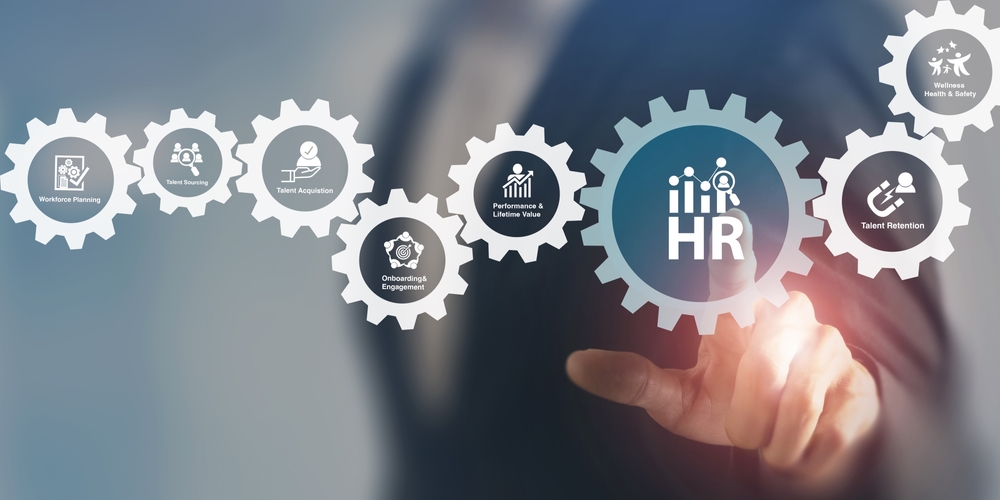Fundamentals of Human Performance Course
Introduction
This Human Performance Improvement and Measurement (HPI&M) course examines human behaviors, motivations, and performance across various professional settings. By studying the psychological drivers of human behavior, this program equips participants to manage and improve human performance effectively.
Human behavior is highly complex due to various personal and workplace factors. Issues such as work-related stress, interpersonal conflicts, and job insecurity can heavily impact an individual’s well-being and productivity, leading to a decline in overall workplace efficiency.
This course addresses the rising concern of workplace stress, as highlighted by research from the International Stress Management Association (ISMA). The study reveals that a significant percentage of employees experience stress-related issues; 53% of workers reported being stressed in the past year, while one-quarter had called in sick due to stress-related illnesses within the same period.
Objectives
Upon successful completion of this Human Performance Improvement and Measurement (HPIM) course, participants will be able to:
- Understand human behavior.
- Appreciate how attitude affects behavior and motivation.
- Manage employee performance effectively.
- Recognize and address people’s problems at work.
- Identify and develop critical skills for stress management.
- Develop effective workplace interventions.
- Inspire and advise others.
- Implement best practices in managing employee issues.
- Maximize output from their team members.
- Build practical skills in performance management, including appraisal, discipline, and grievance handling.
- Develop practical people management skills.
- Gain practical trauma and crisis management skills.
- Appreciate the impact of stress on mental health at work.
- Enhance self-awareness in stress reduction.
- Learn what it takes to motivate others effectively.
Training Methodology
- Interactive Workshops
- Case Study Analysis
- Role-Playing Scenarios
- Simulation Exercises
- Peer Feedback Sessions
- Self-Assessment Exercises
- Expert-Led Seminars
- Real-World Application Projects
- Reflection and Debrief Sessions
Course Outline
Unit 1: Performance and the Individual
- Jungian typology as psychological profiles for understanding human behavior.
- The role of competency frameworks in performance management processes.
- Human behavior questionnaire.
- Understanding behavior through the iceberg model.
- Different performance models.
- The Johari window – understanding open self, hidden self, blind self, and unknown self.
Unit 2: Managing Employee Performance
- Theories of Motivation and Behavior.
Unit 3: Assertiveness Model for Behavior and Attitudes
- Identification and Recognition of Behavior Types:
- Aggression
- Indirect aggression
- Bold (Passive Aggressiveness)
- Assertiveness
- Developing speaking abilities.
- Dealing proactively with people.
Unit 4: Behavioral and Attitudinal Exercises
- Performance Management – The Performance Appraisal Interview.
- Case Studies – Real Stories Unveiled and Developed.
Unit 5: Self-Concepts & Attitudes to Self
- Behavioral self-diagnostic tools.
- Social style theory.
Unit 6: People’s Problems at Work
- Overview of elementary human psychology.
- Understanding People’s Problems at Workplaces.
- Assisting Individuals in the Workplace.
- The impact of work on performance issues.
- Employee Assistance Programs (EAP).
- Steps for establishing an E.A.P. program.
Unit 7: Stress Analysis
- “What is stress?” – Identifying physical, behavioral, mental, and emotional signs of stress.
- “How does stress come about?”
- “Effects of stress on personal performance” – Short-term and long-term symptoms.
- Managing Stress.
- Individual testing on significant causes of occupational strain.
Unit 8: Basic Counseling Skills
- The implications of communication.
- Approaches to conducting interviews and basic counseling.
- Acquiring active listening abilities.
- Understanding body language.
- SOLER techniques for counseling.
- Counseling through motivational coaching.
Unit 9: Understanding Motivation
- The psychology behind motivation.
- Motivation in organizations.
- Team and group motivation.
- Rewarding employees.
- Case study on absenteeism.
Unit 10: Critical Incident Stress (CISD) and Trauma Counseling
- Understanding traumatic events.
- “Workplace trauma management” framework as a model.





















